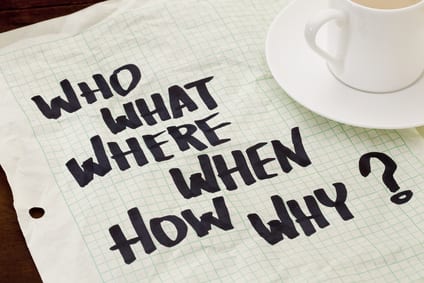
Late last year, I took a leave of absence from my Ph.D in History and began living as a writer. As part of this transition, I began journaling regularly and revisiting past journal entries dating as far back as to when I was 14 or 15 years old. Though the people and places varied from entry to entry, many of the themes remained consistent. Throughout my teenage years, twenties, and even now into my thirties, I’ve consistently found myself searching for ways to live in a world littered with contempt for Black bodies. This collection reflects the intersection of my personal search for meaning with my academic interest in contextualizing events and experiences in time.
I expect the mentorship to bolster my technical ability and increase my confidence in my decision-making. At present, I agonize over decisions about line breaks and titles. While some of this is part-and-parcel of writing poetry, it would be nice to approach these issues and others with intention rather than apprehension.
I have a tendency to pursue wildly ambitious projects and Portraits in Black Face is no exception. On one hand, it is extremely difficult to marry history and present. How do I speak to a history of (anti-) Blackness in Toronto given my positionality as cisgender, heterosexual millennial of Caribbean descent? I ask myself this question all the time; I represent a very particular voice in the telling of this story. On the other hand, I spent time looking at Contrast Newspaper (1969-1991) and it revealed many similarities between Black past(s) in Toronto and Black present(s). The continuities are there; it’s capturing them through image and text that is the challenge.
I fill the holes in my schedule with as much reading and writing as I can bear. I write on the train, I write in cafés, I recently wrote from a hospital bed. I read and write as much as possible. When I read I try to read slowly and with intention, noting sentences, words and ideas that are particularly well-crafted. I aim to analyze and internalize some of the skill and craft that went into the piece I’m reading. When I write, I get as much down as I can and then edit, edit, edit.
In a perfect world, writers would have financial stability, access to writing time and space, creative support, health benefits, and community. At present, writers have varying permutations of these things but they are far from being mainstays for most. Consequently, many writers end up playing a game of trade offs, compromising health for time or community for stability and so on. In a perfect world, this would not be so.
I would love Junot Diaz to write a novel about my life. His writing is so rich and steeped in nuance. He wrestles with questions of identity while blurring the lines between hero and villain, past and present.
In ten years, I would love to have a few books published and be part of network of writers committed to honing our skills and helping each other grow and flourish.
